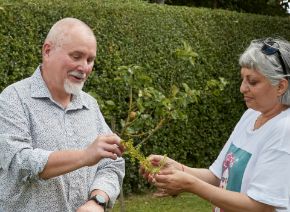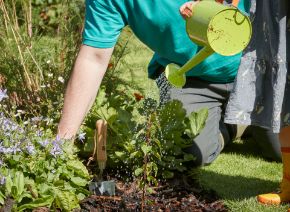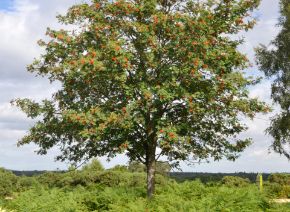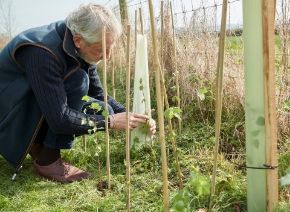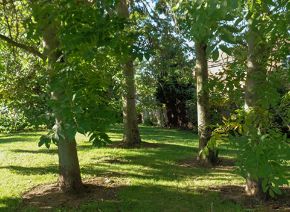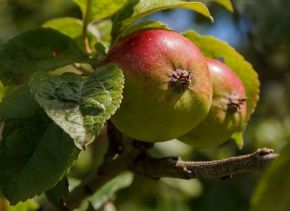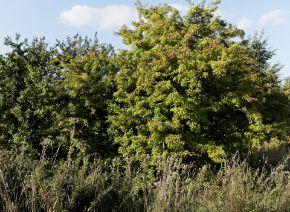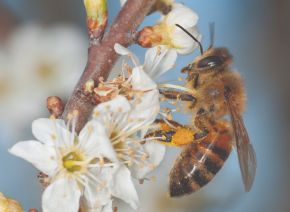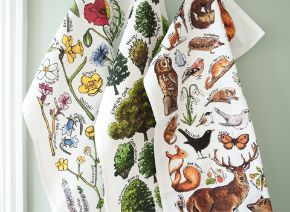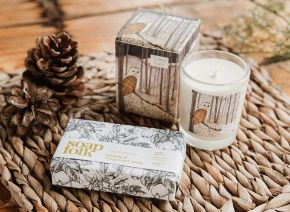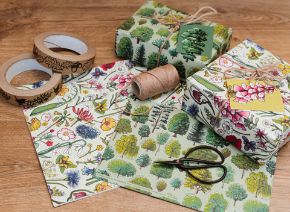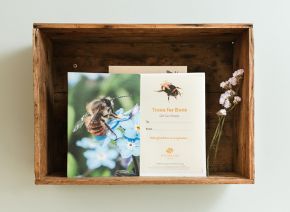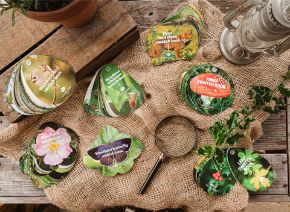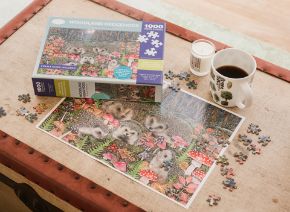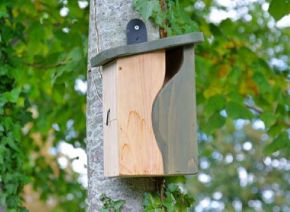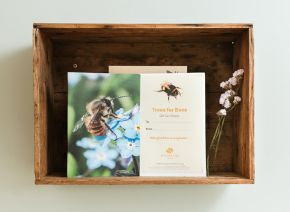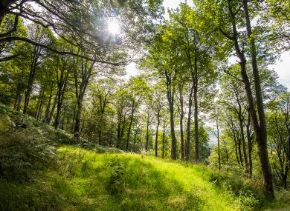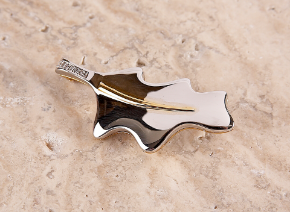- Home /
- Trees /
- Single trees /
- Large trees /
- White Willow (Salix Alba)
Close
Menu
(0)
You have no items in your shopping basket.
Information
Customer service


The Woodland Trust is a charity registered in England and Wales (No. 294344) and in Scotland (No. SC038885).
A non-profit making company limited by guarantee. Registered in England No. 1982873.
Woodland Trust (Enterprises) Limited, registered in England (No. 2296645), a wholly owned subsidiary of the Woodland Trust.
Registered office: Kempton Way, Grantham, Lincolnshire, NG31 6LL. Telephone 0330 333 3300.
The Woodland Trust logo, and the Woodland Trust Nature Detectives logos are registered trademarks. Images © protected Woodland Trust.
VAT No. GB520 6111 04

